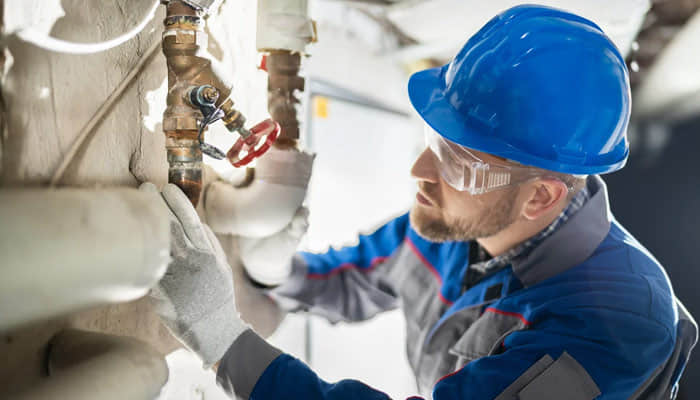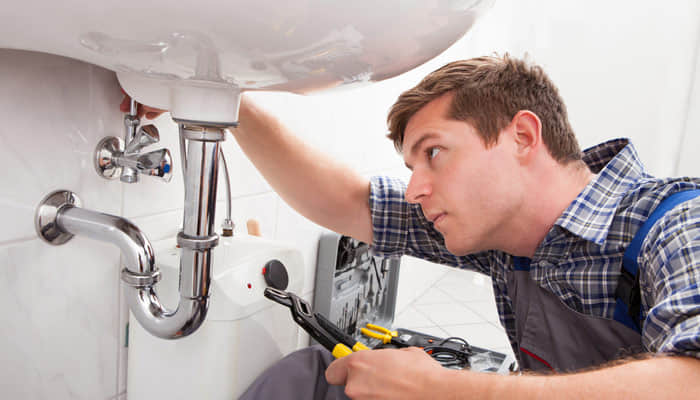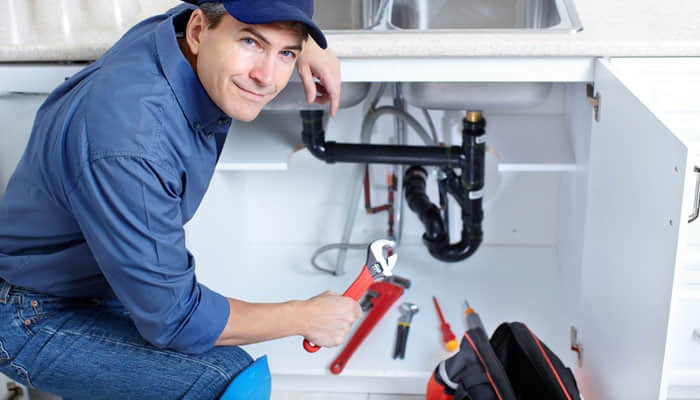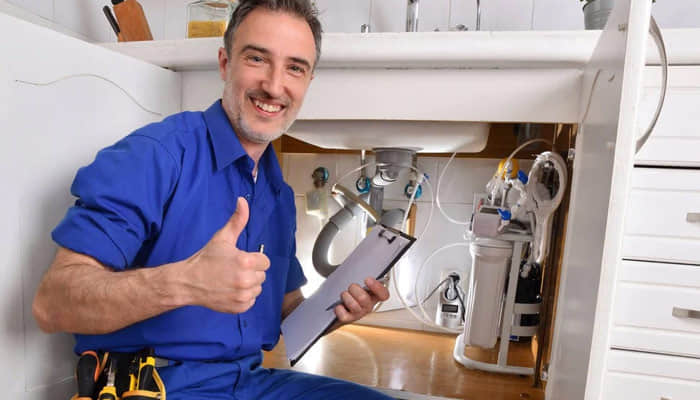
Plumbing involves water system safety and efficiency for commercial, industrial, and residential areas. This job includes installing, repairing, maintaining, and fixing water supply and sewage systems. Becoming a plumber is a perfect profession for those who want to enjoy fixing and maintaining such water supply systems. Learning this skill and getting experienced will lead to a strong career path.
What does a plumber do?

A plumber installs, repairs, maintains, and fixes the water supply systems and sanitizations in residential, commercial, as well as industrial areas. They also design plumbing systems and water supply systems. To do such repairs and installations they travel to areas where their services are required. They are also experienced in installing toilets, sinks, bathtubs, and other sanitary appliances as well.
The duties of a plumber

The key responsibilities of a plumber are the following:
- Get skilled to have complete knowledge about this profession.
- Travel to those areas where their services are needed.
- Assess and repair the plumbing issues.
- Recommending solutions to maintain long-term fixes.
- Do new installations of water systems
- Install or repair pipes and other fixes
- Troubleshoot and diagnose issues
- Do assembling, welding, cutting, fitting, and related fixes
- Ensure that all work is done with safety and following the regulations
How to become a plumber

To become a professional plumber some skills are necessary like customer service and communication skills. You can follow these simple steps to become a skilled plumber.
1. Get a high school diploma or GED
To pursue a career in plumbing you will need to get a high school degree. After that, you will have to obtain your diploma to be eligible to pursue a career in the plumbing profession. Being a plumber requires having a strong knowledge of subjects like science, technology, and maths as well.
2. Get vocational training for plumbing
Only getting an education and a degree is not enough to pursue this career. Certified training is mandatory to start a plumbing career. To get such training you will have to enroll in a technical college or join a vocational training. Through such training, you will get hands-on experience in plumbing, drainage systems, and piping systems. The proper use of piping equipment is provided.
3. Complete a plumbing apprenticeship
After completing vocational training a plumbing apprenticeship is important. These apprenticeships require specific classroom hours to enter into employment. Because employers accept those individuals who have some field experience. During the apprenticeship, individuals get job training and plumbing procedures, specialized skills, and techniques.
4. Get licensed
A license is often required for plumbers. Before taking an exam to get a license, you must, depending on where you live, finish an apprenticeship, earn practical experience, and finish a set amount of hours of classroom education. The purpose of this test is to evaluate a plumber’s proficiency with plumbing codes and practices.
5. Gain some experience
Getting a plumbing license will open doors of opportunities for you. You can work as a full-time or part-time plumber by working individually or with any company. By working as a licensed plumber you can get experience to be a professional plumber. You can join vocational classes for additional knowledge, learn more, and develop new skills. This will help you to get advanced in your plumbing career.
Can plumbers start businesses themselves?

If you have enough plumbing knowledge and have a high school degree with a diploma in plumbing you can start your plumbing business. But a plumbing business requires to get a plumbing license for proper working and knowledge.
This depends upon the preferences, skills, experience, and total number of years of experience a plumber has. Many plumbers choose to work with some company as a plumber but some plumbers as soon as they get experience start their business in plumbing.
Conclusion
You can pursue a secure and fulfilling career in the plumbing industry. People can become successful plumbers with the correct training, education, and commitment. Because there is a constant need for qualified plumbers, job stability and advancement prospects are guaranteed. Plumbing professionals may have a rewarding and financially successful career while also contributing significantly to their communities by learning the technical sides of the trade and honing their customer service abilities.


